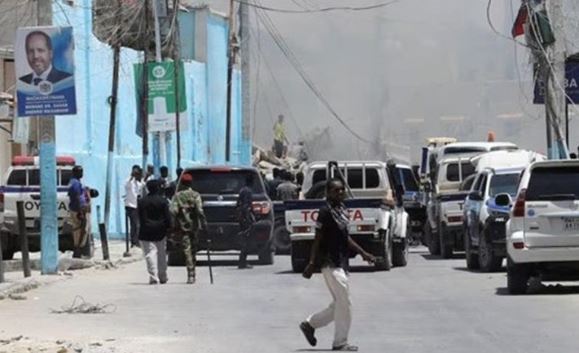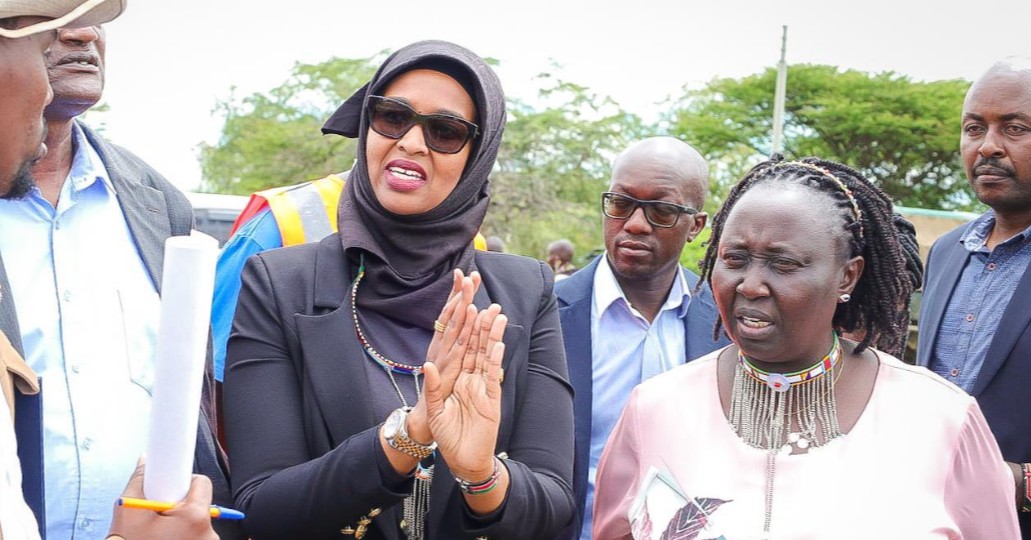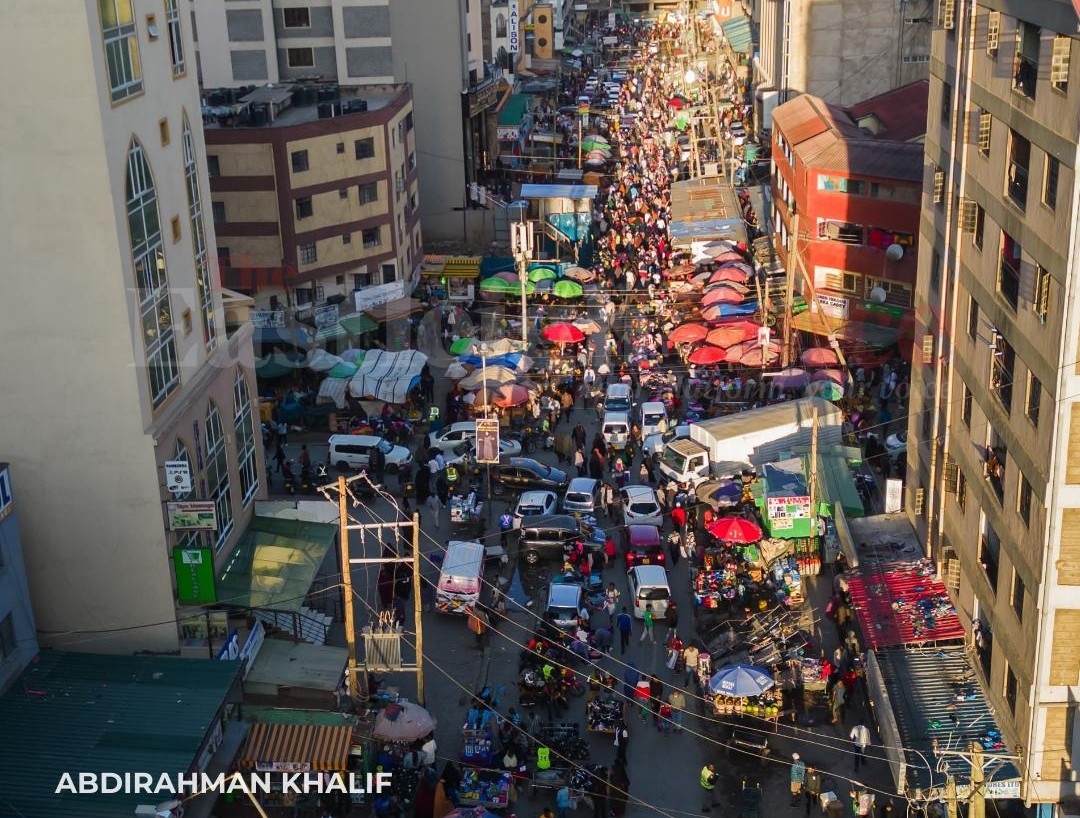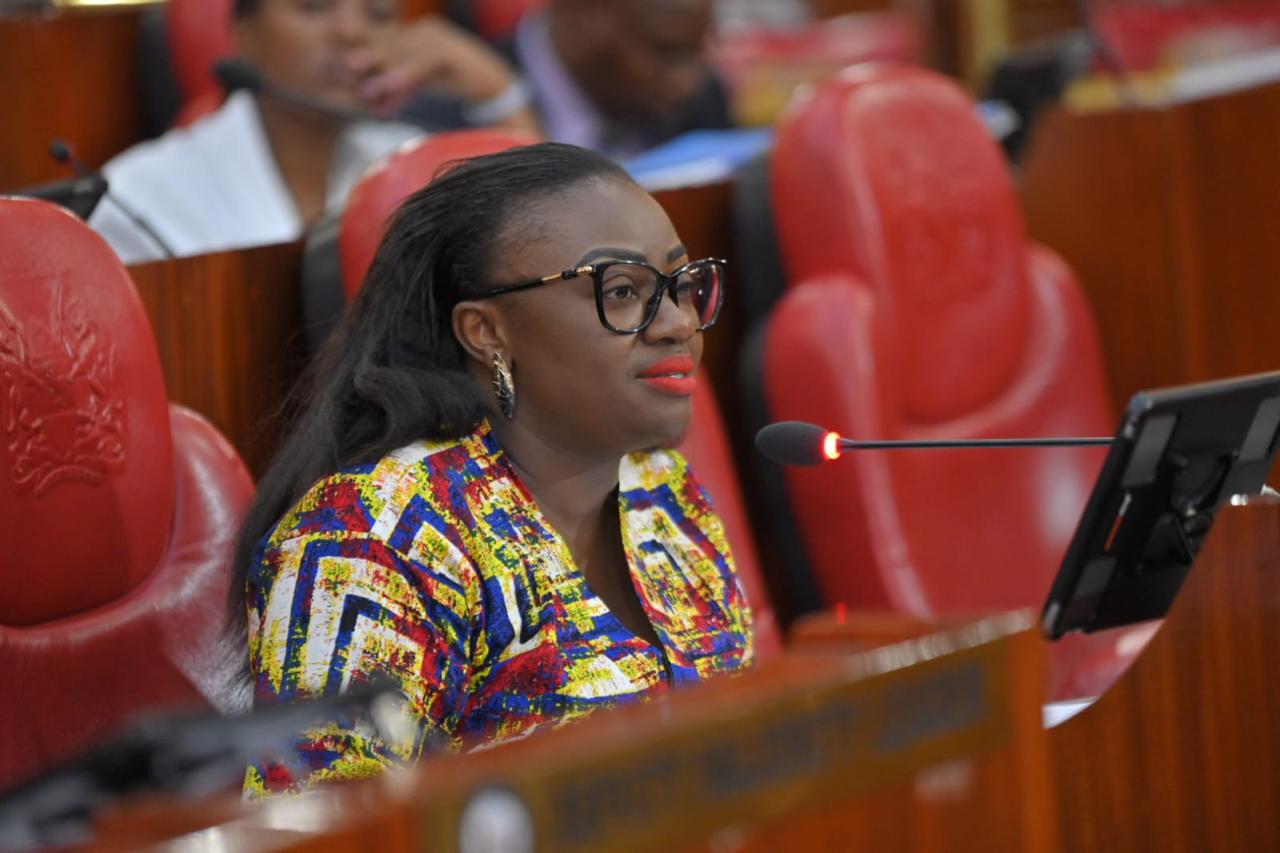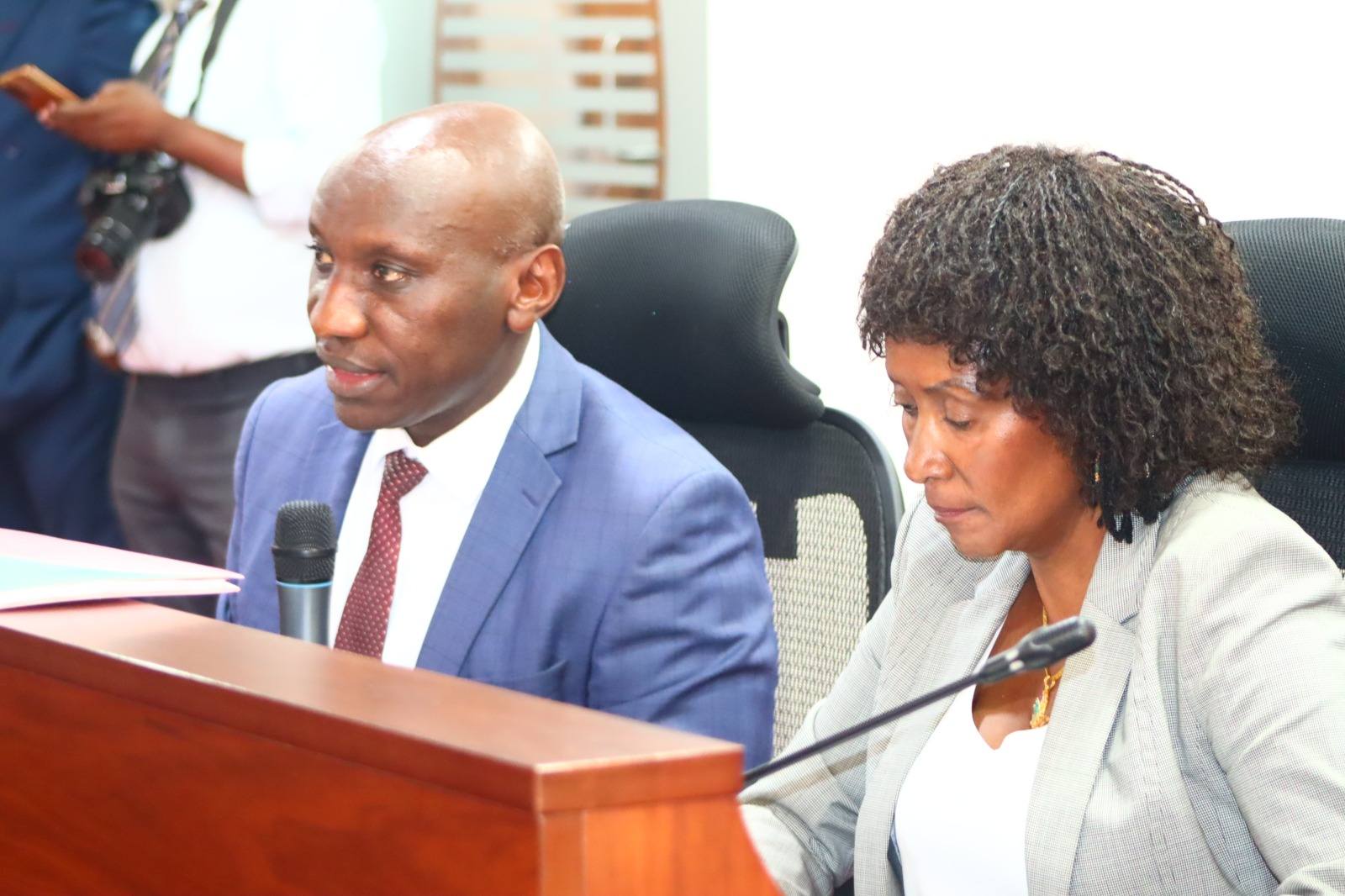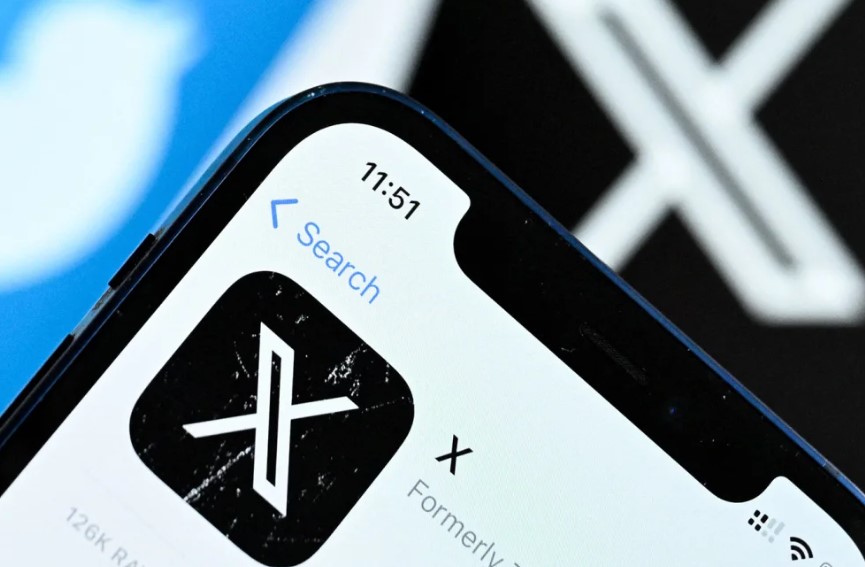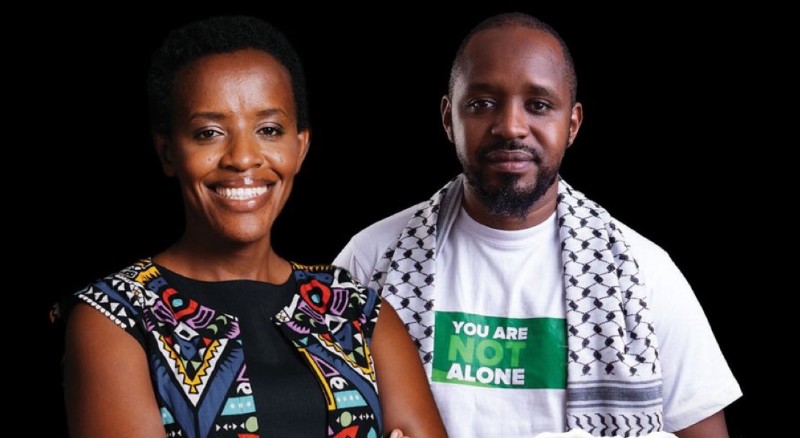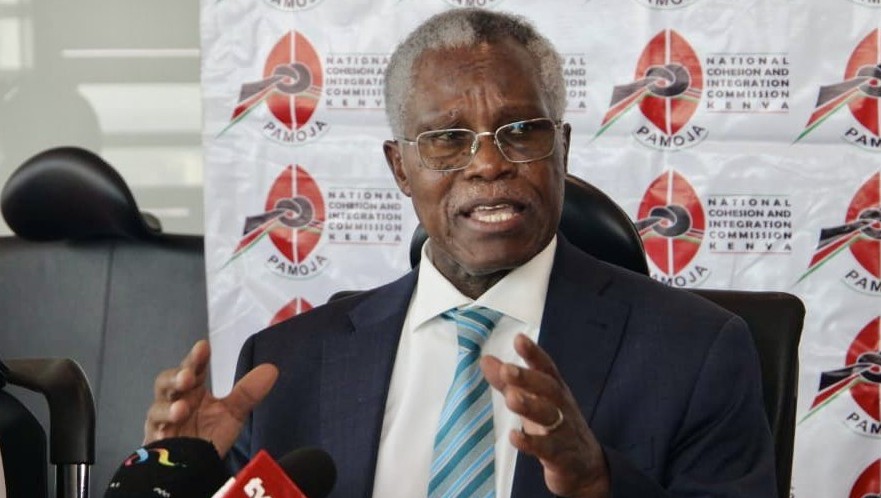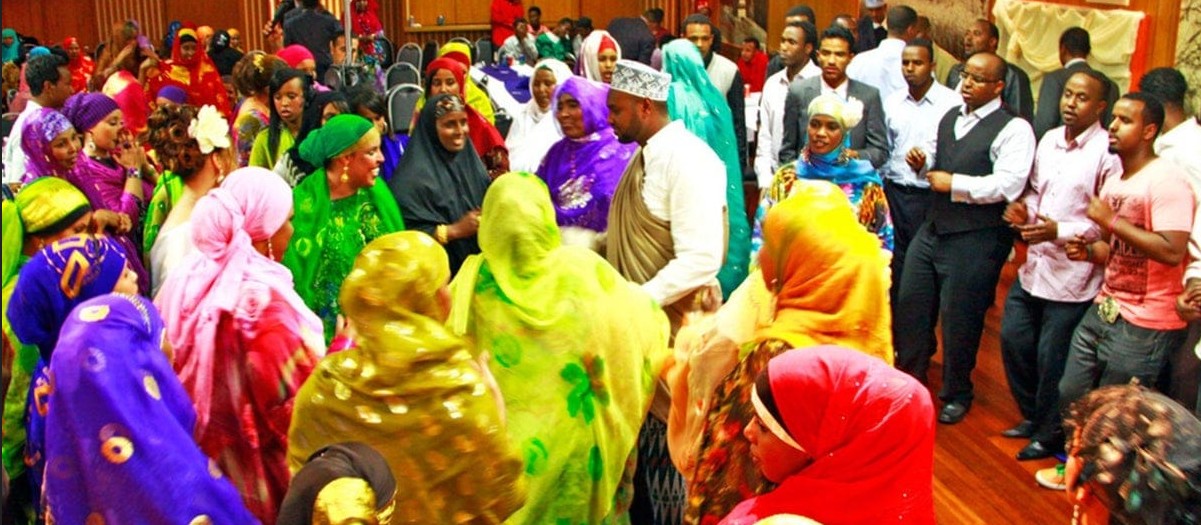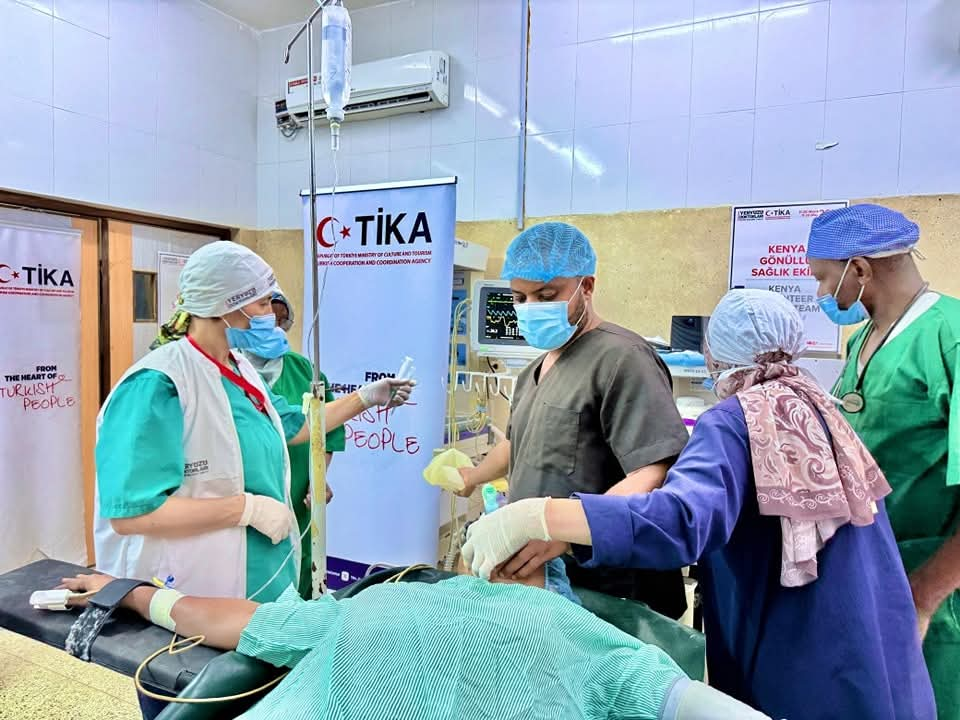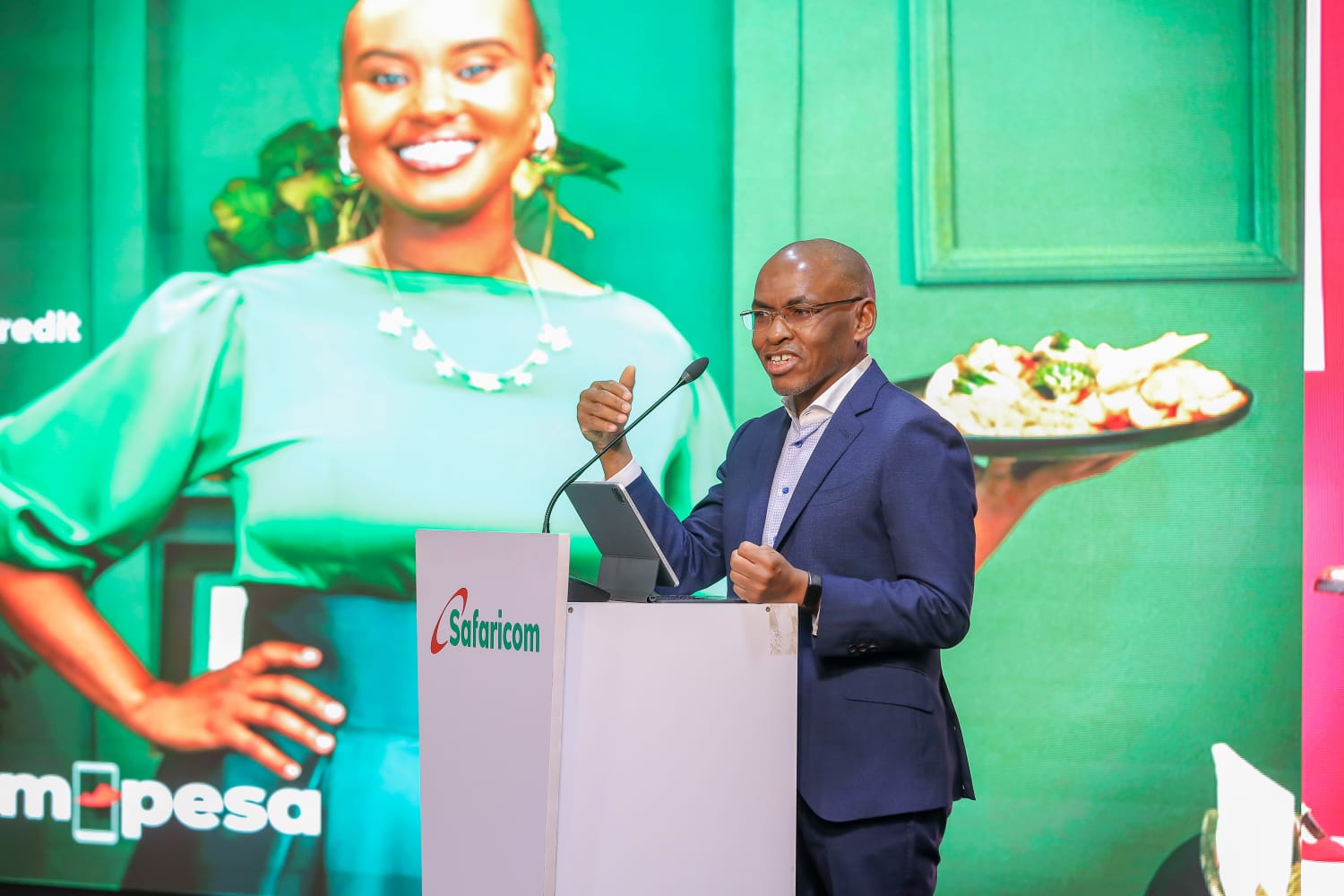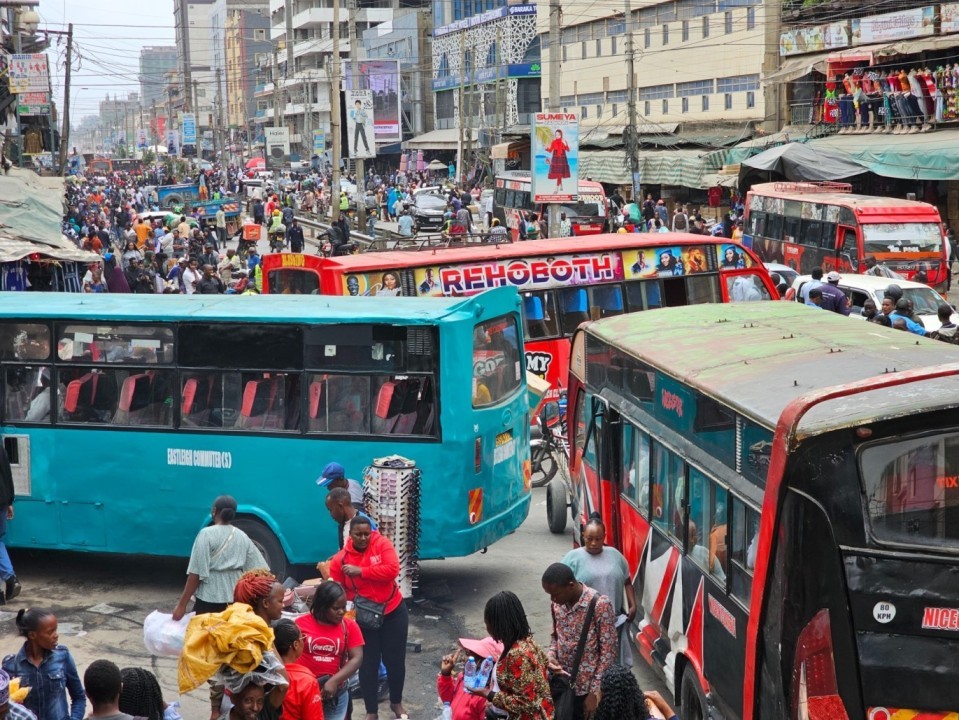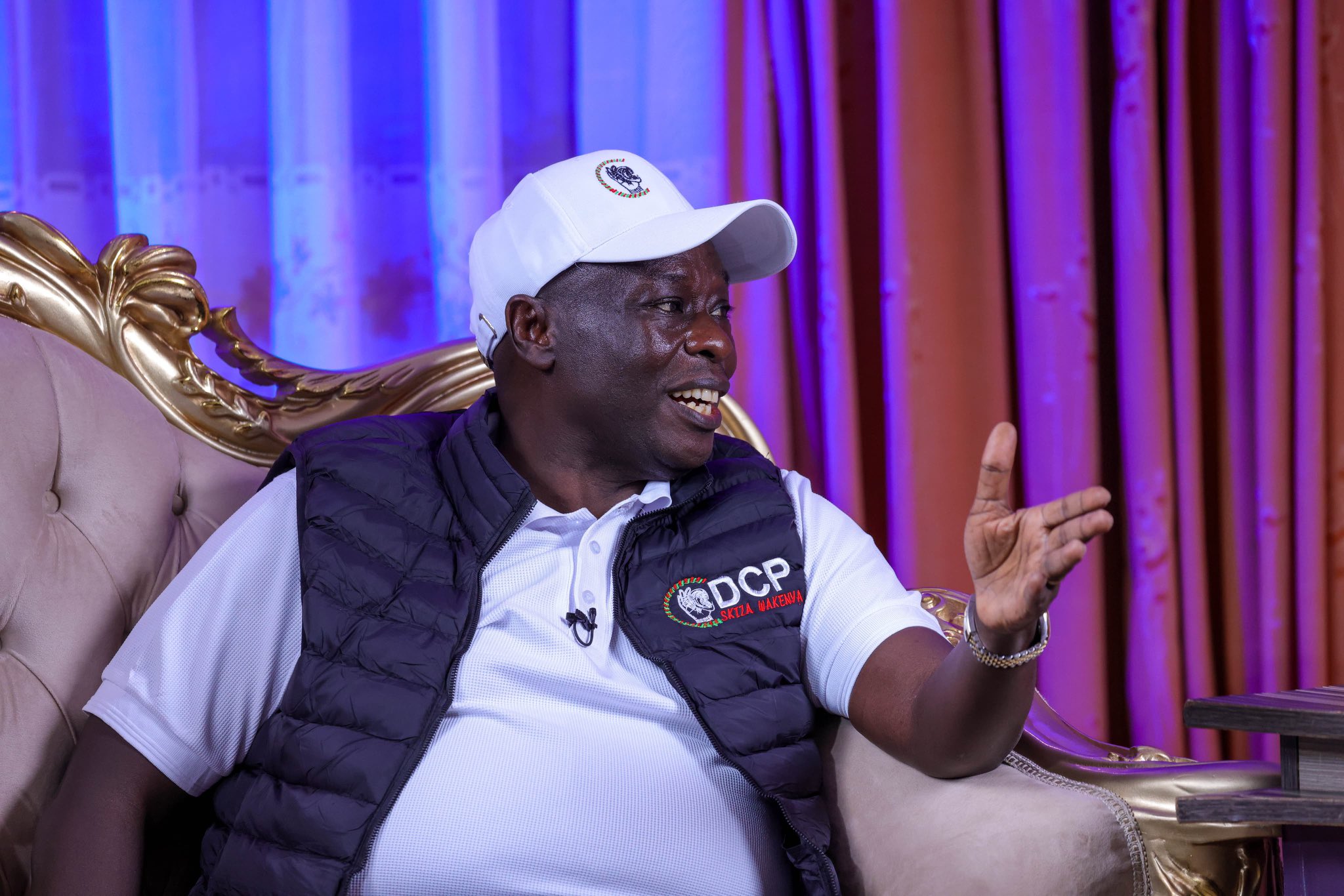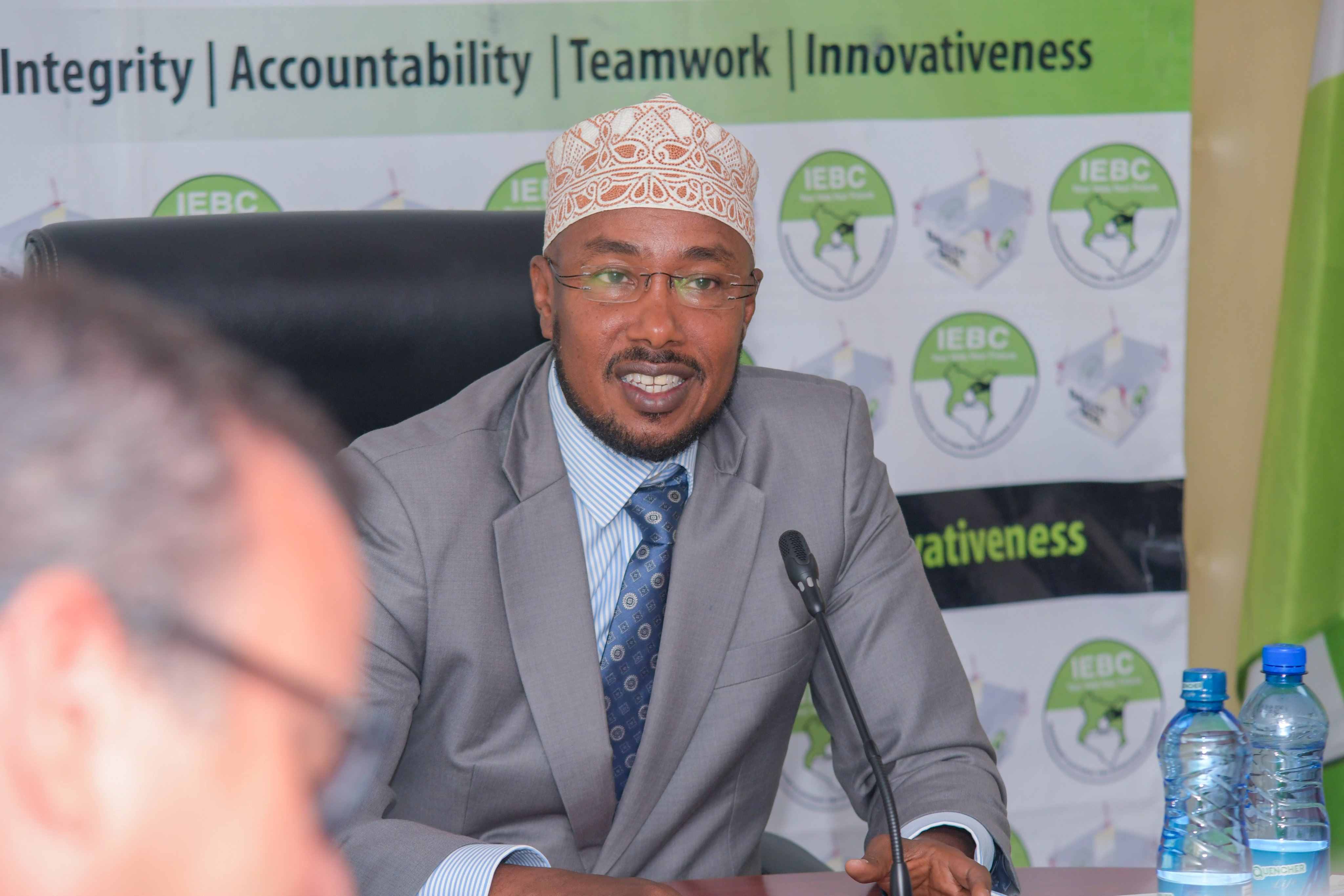Under attack by Trump, South Africa's Ramaphosa responds with trade deal offer
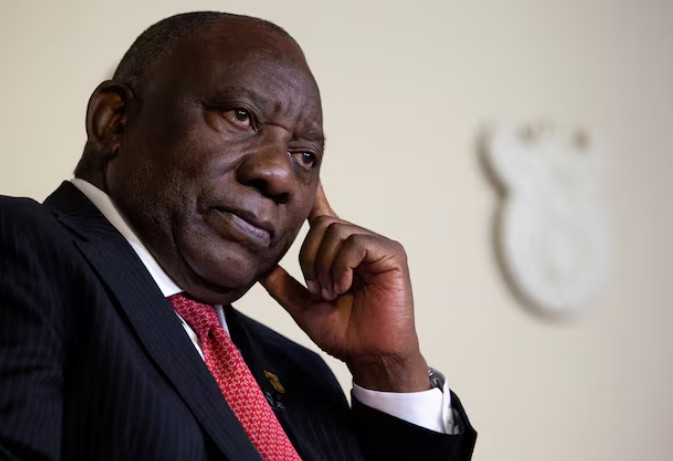
Trump has cancelled aid to South Africa, expelled its ambassador and offered refuge to white minority Afrikaners based on racial discrimination claims Pretoria says are unfounded.
South African President Cyril Ramaphosa heads to the White House on Wednesday on a perilous mission to persuade US President Donald Trump to make deals with his country rather than scold and punish it as he has done since the start of his second term.
Attacking South Africa's land reform law aimed at redressing the injustices of apartheid and its genocide court case against Israel, Trump has cancelled aid to the country, expelled its ambassador and offered refuge to white minority Afrikaners based on racial discrimination claims Pretoria says are unfounded.
More To Read
- South Africa's Ramaphosa aims to mend US ties with Musk business push
- President Ramaphosa sets up inquiry into delayed apartheid-era prosecutions
- Zelensky in South Africa for talks with Ramaphosa on Ukraine peace efforts, bilateral ties
- South Africa's white farmers would be among victims if Trump ends growth bill
- South Africa's land act targets a stark divide, Trump and Musk oppose it
- 'No thanks': White South Africans turn down Trump's immigration offer
"The visit will focus specifically on reframing bilateral, economic and commercial relations," Ramaphosa's office said ahead of his meeting with Trump.
The stakes are high for South Africa. The United States is its second-biggest trading partner after China, and the aid cut has already resulted in a drop in testing for HIV patients, with pregnant women, youth and infants the worst-affected.
"Whether we like it or not, we are joined at the hip and we need to be talking to them," Ramaphosa said on South African state television before flying to Washington.
He will offer Trump a broad trade deal, said a spokesperson for the trade ministry, declining to give details.
He also plans to discuss business opportunities for Tesla and Starlink, companies owned by Trump's billionaire ally, Elon Musk, who was born and raised in South Africa and has accused Ramaphosa of pursuing anti-white policies, which he rejects.
Trump is likely to tell Ramaphosa that all US companies should be exempt from "racial requirements," according to a White House official.
Under South African law, businesses over a certain size must have a 30 per cent equity stake held by disadvantaged groups, which includes black South Africans. Alternatively, the businesses can spend an equivalent amount on training or other initiatives.
Any change to the laws may prove an uphill battle for Ramaphosa, as they are largely seen as aligned with the principles of restoring racial justice his party fought for.
Discussions could include favourable tariffs for Tesla's imports into South Africa in return for building electric vehicle charging stations, and licensing for Starlink, Ramaphosa's spokesperson said.
Agriculture Minister John Steenhuisen, who is travelling with Ramaphosa, said he would work to secure South African farmers' duty-free access to the US market under the African Growth and Opportunity Act, which is at risk from Trump's tariff regime.
Painful history
Trump's February 7 executive order attacking South Africa cited the country's land reform law and "hateful rhetoric and government actions", it said, were fuelling disproportionate violence against white landowners.
Pretoria said "the foundational premise of this order lacks factual accuracy and fails to recognise South Africa's profound and painful history of colonialism and apartheid".
Other Topics To Read
Thirty years after apartheid ended, white people, who make up about seven per cent of South Africa's population, are still richer than the Black majority of about 82 per cent by every economic measure and still own three-quarters of the country's freehold farmland.
Crime statistics show no evidence that white people are disproportionately targeted. The land reform law allows judicial challenges to any expropriation orders, which can only be issued in the public interest. No expropriation has taken place.
Ramaphosa headed the African National Congress's negotiating team during the 1990s talks that led to apartheid's peaceful end, winning grudging respect from the last white president, F.W. de Klerk, who spoke of his "silver tongue and honeyed phrases".
He will need those gifts to win over Trump, but may also rely on his background as a rich businessman who built one of the biggest Black-owned investment vehicles in South Africa before becoming president in 2018.
"He is an international businessman, and I think that he must put that side of his personality first," said Jan Venter, lecturer in politics and international relations at South Africa's North-West University.
Joshua Meservey, senior fellow at conservative US think tank the Hudson Institute, said critical minerals were likely to be discussed as they were a priority for Trump, but cautioned that deal-making may not be sufficient to mend ties.
"There are political problems here that lie at the heart of the breakdown in the relationship," he said.
Top Stories Today
